Frequently Asked Questions
Action Requirements
General Questions
What is Portland Means Progress?
Portland Means Progress is a is a city-wide initiative that opened with early adopters in March 2019. It calls on businesses to take actions to hire local students, connect with businesses owned by people of color, and/or create a healthier company culture. The goal is to connect businesses to existing programming that supports social impact, creating a pipeline for private-sector engagement.
Portland Means Progress grew out of discussions among the Council of Economic Advisors (CEA) about how to solve the significant prosperity divide in our community and how to engage private sector leaders in bridging those gaps.
How can I engage with Portland Means Progress?
Join us! Sign up here.
Are there industry-specific resources available?
Prosper Portland, the City of Portland’s economic development agency, and the Technology Association of Oregon (TAO), the state’s largest association serving tech companies, have aligned their programming to advance inclusive growth in the tech industry in Portland. Prosper Portland and TAO will partner to provide additional industry-specific support through TAO while continuing to build non-industry specific DEI resources through Portland Means Progress Learn more about TAO Programming »
Why does the program focus on racial equity instead of focusing on other underrepresented groups?
- Race is consistently the indicator of greatest disparity in our city.
- Race may be ignored as a factor if not intentionally addressed.
It is a practice of starting with a racial equity analysis, inclusive of analysis of other marginalized groups, in order to understand how race dynamics impact outcomes. We also seek models and systems we can use to address other forms of oppression and intersectionality.
Is there a fee to join?
There is no fee to become a Portland Means Progress business.
What mechanisms are in place to support a positive experience for youth and businesses through the work experience action?
The existing programs managed by Worksystems and the Contingent include requirements for businesses to have made preparations before hosting a student worker, including having an assigned supervisor and/or mentor for the youth and a documented job or project description. The programs also include individualized matching between the employer and youth, as well as check-ins throughout the work experience.
Business Eligibility
Who can participate in this initiative?
Portland Means Progress is open to businesses and organizations of all sizes, with the following eligibility requirements: businesses & organizations must be located in the Portland Metro Area and commit to taking at least one of the actions required through the initiative. Businesses must complete annual reporting each year to stay engaged in Portland Means Progress.
My organization is a government agency / non-profit. Are we eligible to participate?
Yes! Government agencies and non-profits can participate as Portland Means Progress “businesses” if you commit to actions required through the initiative and complete annual reporting each January.
I’m a small business owner and don’t currently have the financial resources to engage in Portland Means Progress, but I want to be involved. What resources are there?
You should consider engaging in the Intentional Purchasing action! Businesses can set a stretch target to start procuring more goods and services locally. This spend is based on what is feasible for your organization, and as your company grows, you can increase your spending with these businesses.
Is there a minimum or maximum size for businesses to be eligible for Portland Means Progress?
No! Companies of all sizes are welcome to engage in this initiative.
Action Requirements
My business has a presence beyond the City of Portland – does that affect the requirements for us to be a Portland Means Progress Business?
The Portland Means Progress initiative is focused on creating meaningful change in Portland, so the requirements and actions are designed to take place within Portland. We applaud businesses that take these actions across your organization, regardless of location, but this is not a requirement to be a Portland Means Progress business.
My company has its own internal internship program and it’s great! Will it meet the requirements of the work experience action even though it’s not through a listed service provider?
An established internal work experience or internship program may be eligible to meet this requirement. If your existing program provides a paid work experience that is focused on local youth, this can be eligible.
Are we required to procure goods and services from small businesses within a specific geographic location?
Small businesses being purchased from by Portland Means Progress businesses must be located in the Portland Metro Area to qualify for your intentional purchasing goals through annual reporting. This is to focus the support on local small businesses.
When do commitments need to be completed and reported?
Actions are required during each calendar year, with reporting due in Q1 of the following year.

